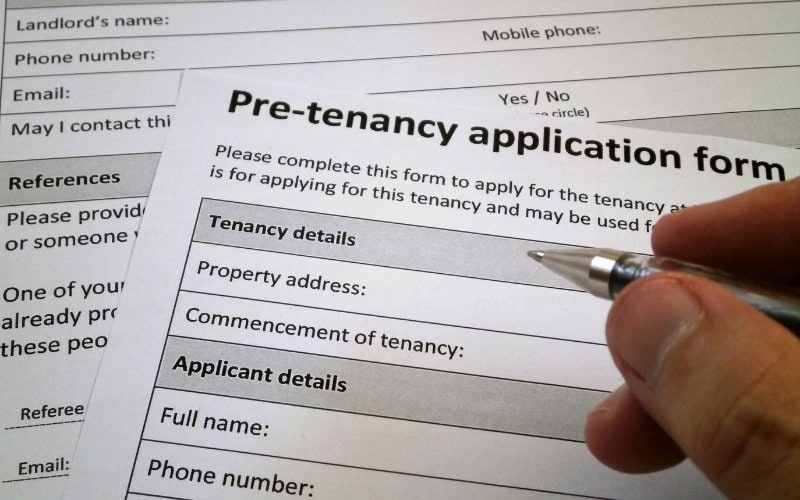Selecting tenants who pay rent on time, maintain the value of a property, and foster a positive community is essential for property owners and neighbors alike. In this guide, we’ll discuss the main steps and best practices for screening tenants while ensuring compliance with legal and ethical considerations.
Why Tenant Screening Matters
Screening helps identify responsible tenants who care for the property, respect their lease terms, and contribute positively to the community. A well-managed tenant application screening process minimizes the risk of future complications.
A Suggested Tenant Screening Process
1. Pre-screening Applications
Pre-screening tenant applications helps narrow down your applicant pool early. Engaging potential tenants over the phone or through email provides an opportunity to cover basic questions, such as:
- Why are you moving?
- When do you plan to move in?
- Are you comfortable providing a security deposit?
- Do you have references from previous landlords?
By setting clear expectations upfront, you may find that some candidates naturally opt out if they don’t meet basic requirements.
2. Verify Employment and Income
Confirming a tenant’s employment and income stability is essential. Ask for recent pay stubs or tax documents to validate income. The widely accepted standard is that rent should not exceed 30% of a tenant’s monthly income.
If the potential tenant passes these first steps, continue with other screenings to confirm if the tenant is suitable for your property.
3. Interview the Tenant
A one-on-one conversation helps assess the applicant’s personality, communication style, and willingness to follow rules. It’s an opportunity to clarify questions about the property, lease terms, and any unique requirements, such as pet policies or quiet hours.
4. Conduct a Background Check
Once you have decided on a potential tenant, consider running a background check.
With proper consent, you can access a potential tenant’s public records and criminal history, which can help reveal any red flags related to prior evictions, criminal activity, or legal disputes.
5. Run a Credit Check
A credit check offers insight into an applicant’s financial reliability. However, credit checks can impact applicants credit ratings, so only proceed with this step if you are ready to proceed with the potential tenant. Alternatively, you can request the applicant provide a copy of their credit score easily obtainable through their online banking platform as part of pre-screening.
Reviewing the credit report allows you to assess factors like payment history, outstanding debts, and bankruptcies. It is a good tool for flagging tenants that may have difficulty paying their rents, even when they have a sufficient income.
Legal and Ethical Considerations of Tenant Screening
Compliance with Fair Housing Laws
Fair housing laws are designed to protect applicants from discrimination. Property managers must ensure all aspects of the screening process are free from bias based on race, religion, gender, disability, or other protected classes.
Do not request unnecessary information on an initial application form, so that the screening process is fairer. For example, information such as gender or age is not required for pre-screening and could be collected at the background check stage.
Consider obscuring the names of the applicants while you select tenants during the pre-screening process to reduce unconscious bias.
Data Privacy
Handling applicant’s personal information requires adherence to data privacy laws. Confidentiality and secure storage of sensitive data, such as credit and criminal history, are essential. We recommend using a 3rd party service to undertake background checks and credit checks.
By following a screening process, landlords can feel confident that each applicant has been thoroughly evaluated. This leads to fewer disputes, improved tenant retention rates, and a more positive rental experience overall. Contact Larlyn Property Management for support with tenant screening and property management needs.







